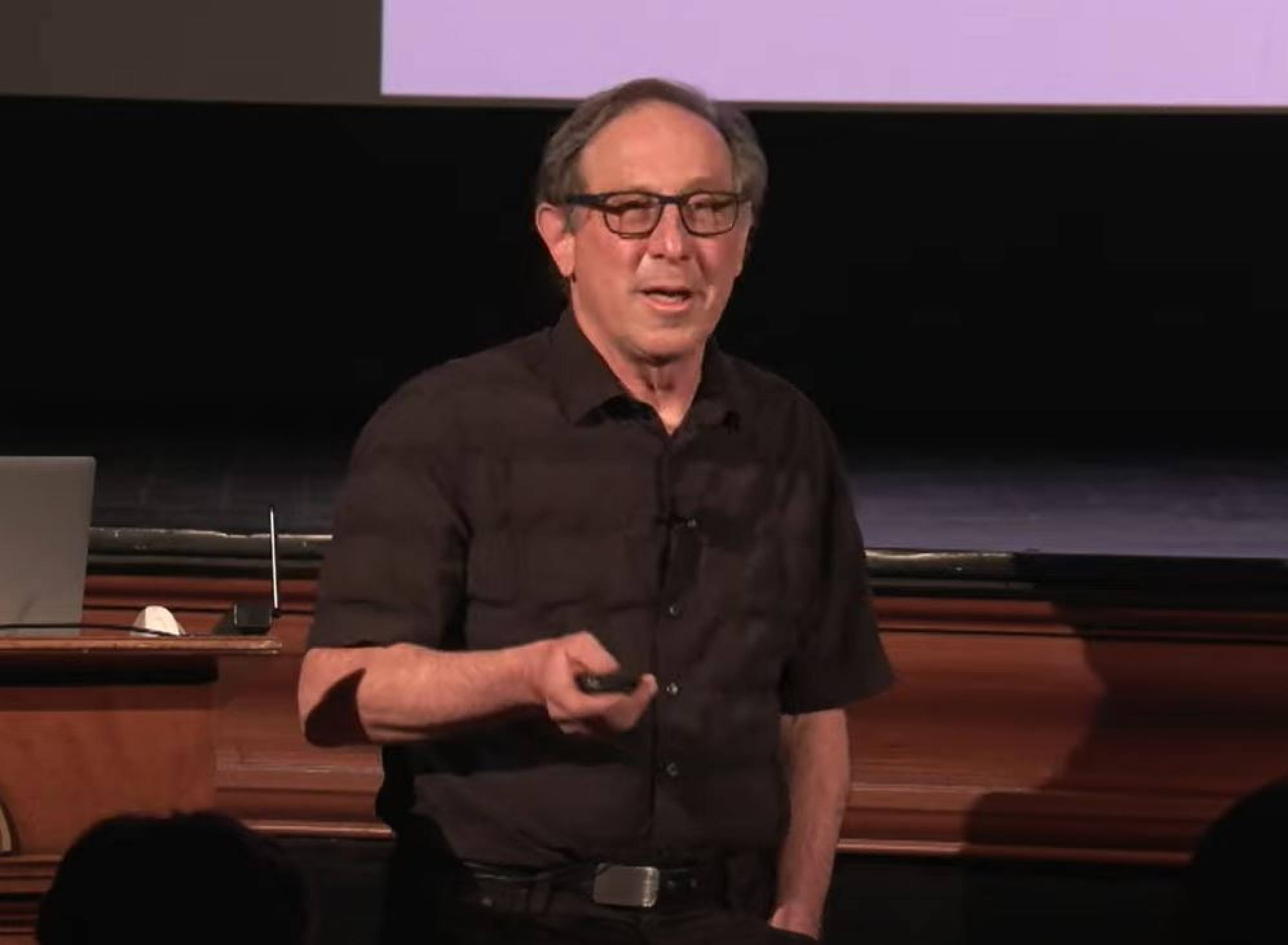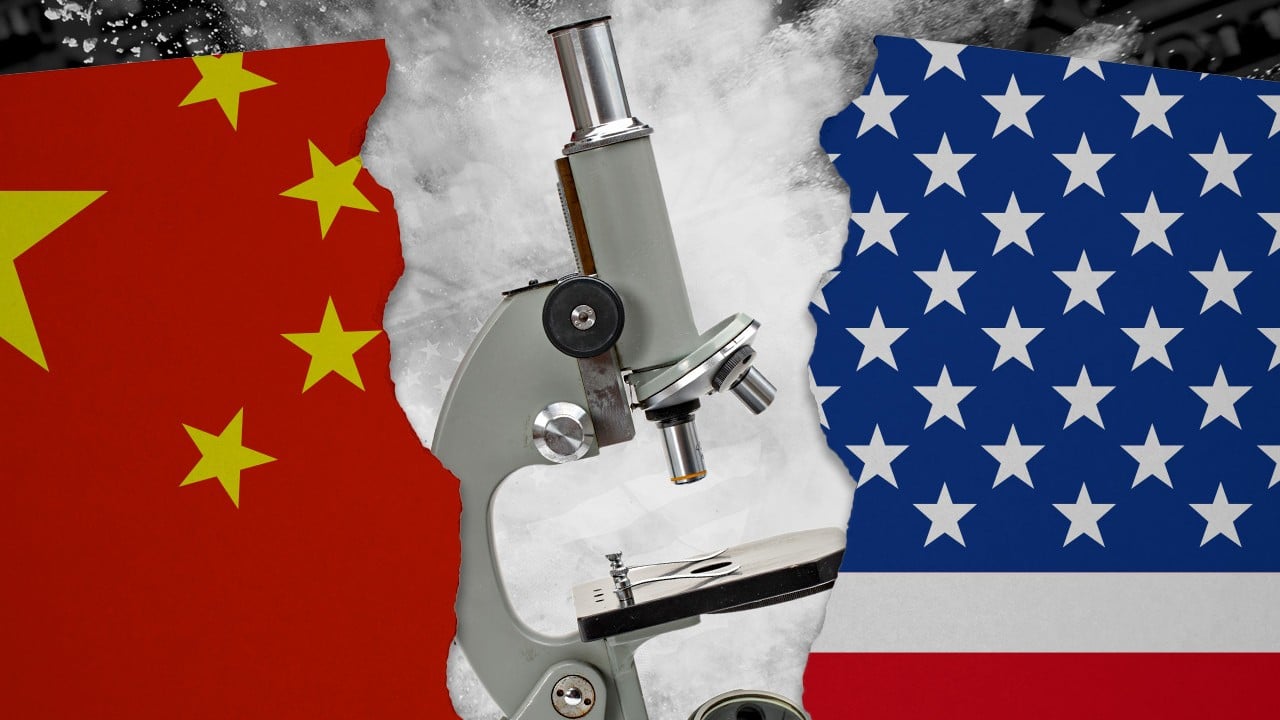
Future of cooperative US-China science agreement is in doubt, say American physicists
- Stanford professor who sent letter from fellow scientists to President Joe Biden, urging deal’s renewal, say partisan politics is driving Washington’s change
- US State Department extends the agreement, which was initially signed in 1979, for just six more months
“I am, to be honest, somewhat pessimistic,” said Peter Michelson of Stanford University. “I don’t see a bipartisan consensus coming about.”
“I think the scientific community needs to speak out because I don’t think their voices are always heard,” he added, noting that scientists mostly remain busy in their labs and offices “working on the science and not thinking about the politics”.
“But I think the politics is a driver,” said Michelson, whose letter in support of the agreement’s renewal was sent to US President Joe Biden and dated August 24, three days before the deal was set to expire.
The agreement, originally signed in 1979, laid out the terms for government-to-government cooperation in science, opening the way for academic and corporate interactions. It was last renewed in 2018 for four years.
After months of speculation, the US State Department confirmed that it was extending the agreement for six months just days before it was to expire on August 27.
A State Department representative said in an email that the brief renewal “does not commit the United States to a longer-term extension”.
Some US lawmakers have opposed an extension, citing fears of intellectual property theft and unintended benefits to the Chinese military.
Are US-China ties headed for a thaw or just an era of managing differences?
But according to Michelson, “there has to be expertise and thoughtful perspectives about the benefits” before a final decision is made “because there are benefits”.
He said the six-month extension showed that both sides were open to negotiating on some areas of concern.
“That dialogue, I think, is important,” he said. “And I hope that both sides, China and the United States, remain committed to that if it takes six months or a year, they need to stay at it. At least don’t erect barriers around everything.”
In the August 24 letter, Michelson and his colleague Steven Kivelson told Biden that “cutting off ties with China would directly and negatively impact our own research, the work of our immediate colleagues, and/or the educational mission of our universities”.
In an interview, Kivelson noted that there was a “big distinction” between academic research and industrial research.

“Indeed, semiconductors have had a huge technological impact,” he said. “But the input from fundamental science was long before the impact on technology, and all of the fundamental science was published and widely accessible.”
“There’s no practical way over such long periods of time to keep fundamental physics [and] science secret,” he added, stressing that the goal of the kind of research that goes on at universities is not to produce a “product or something useful but to produce knowledge”.
“And knowledge is, of course, going to be ultimately useful for everyone,” he said.
Kivelson rejected the framing of the issue as the “idea that we have all this great science and China is stealing it for from us”.
“But in fact, in my field, which is the study of quantum materials, China has invested more than the United States,” he said, adding that many of the experiments that his colleagues do benefit from the discoveries made in China and freely available.
“We benefit directly from that when lines of communication are open.”


